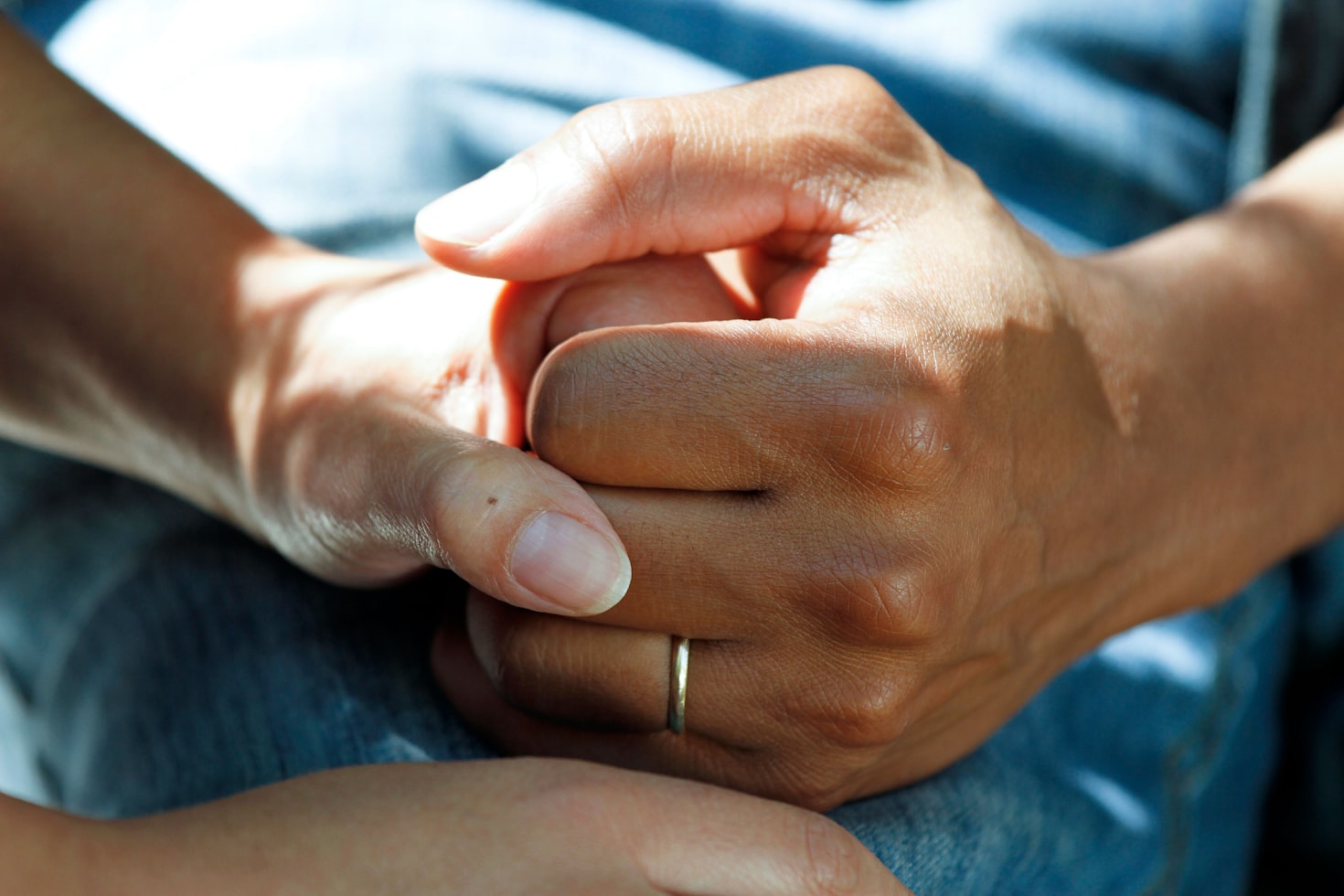Warning Signs Of A Stroke
A critical medical emergency called a stroke happens when the blood supply to the brain is cut off. This could be caused by a hemorrhage within the brain or an obstruction in the blood arteries that supply it. Since rapid treatment might lessen a stroke's long-term consequences, it is crucial to identify the warning symptoms of a stroke and seek medical help as soon as you can.
The most typical stroke warning symptoms include:
- Unexpected numbness or weakness on one side of the body, often in the arm, leg, or face.
- Sudden trouble comprehending or speaking.
- Sudden visual issues including double vision or blurry vision.
- Abrupt, debilitating headache with no apparent explanation.
- Sudden loss of coordination or balance, especially on one side of the body.
- Unexpected perplexity or disorientation.
- Sudden difficulties walking, such as shakiness, vertigo, or balance problems.
It's crucial to remember that these symptoms might strike unexpectedly and without prior notice. While some people may only have one or two of these symptoms, others could experience all of them. The symptoms might range from moderate and transient to severe and chronic in certain situations.
High blood pressure, smoking, obesity, high cholesterol, family history of stroke, personal history of heart disease or stroke, age, and high cholesterol are all risk factors for stroke. High-risk individuals for stroke should take precautions to lower their risk, including controlling their blood pressure, keeping a healthy weight, stopping smoking, and engaging in regular exercise.
It's crucial to phone emergency services right away if you believe you or someone you know is having a stroke. The sooner you seek medical help after suffering a stroke, the greater your chances are of limiting its long-term consequences. Time is of the importance in the treatment of a stroke.
In the hospital, medical professionals will examine the patient and do a number of tests to ascertain the origin of the stroke and the most appropriate course of therapy. Depending on the kind of stroke and the degree of brain damage, several stroke treatments may be available.
For instance, if a blood clot contributed to the stroke, treatment options could include clot-busting drugs or clot removal surgery. Surgery could be necessary to correct the damage if a brain hemorrhage caused the stroke.
People who have had a stroke may also need rehabilitation to restore their strength and movement in addition to medical care. This could include occupational treatment, speech therapy, and physical therapy.
In order to lower their chance of suffering another stroke, it is crucial for those who have already had one to adjust their lifestyles. Managing high blood pressure, keeping a healthy weight, stopping smoking, and adhering to a balanced diet are a few examples of this.
Finally, sudden numbness or weakness, difficulty speaking or comprehending speech, visual issues, a strong headache, loss of balance or coordination, disorientation, and difficulties walking may all be indicators of a stroke. It's crucial to get medical help as soon as you can if you or someone you know seems to be having a stroke. Early intervention may reduce the stroke's long-term consequences and increase the likelihood of a complete recovery.

